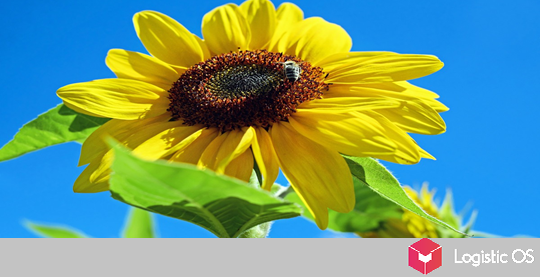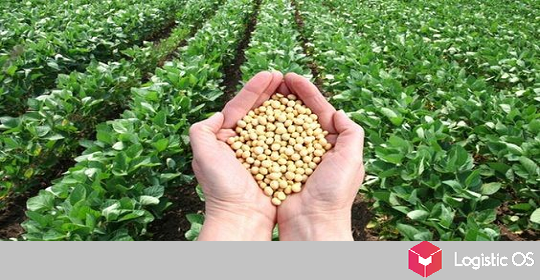The funds that will be used to stimulate the Russian agro-industrial complex in 2023 will be increased by 14 billion rubles.
It was originally planned that 432 billion rubles would be allocated for these needs, which is less than the value of the current year (463 billion).
However, recently the Federation Council decided that the amount will be increased by 14 billion rubles.
30 billion can be added thanks to the duty
Most producers and exporters of agricultural products are very unhappy with export duties, which significantly reduce margins and revenue.
However, these duties also have a positive side: the funds raised due to them can also end up to support farmers.
It is possible that the additional amount will be significant: up to 30 billion rubles.
The total amount of support will amount to 475.7 billion rubles. Accordingly, this is more than in 2022. This information was reported by Elena Fastova, Deputy Minister of Agriculture.
True, there are problems here.
As Nikolai Stetsko, deputy chairman of the government of Primorsky Krai, noted, a lot of money is collected thanks to duties, but little is allocated back.
For example, last season the federal budget received about 1.7 billion rubles, and only 200 million were allocated from these funds to support farmers.
By the way, even taking into account high prices on world markets, it is unlikely that it will be possible to collect 30 billion rubles from duties: after all, this is an order of magnitude higher than last season.
What do you plan to spend money on?
Approximately half of the total amount (475.5 billion rubles) should go to subsidize preferential loans, since this is the most demanded option on the part of farmers.
About a quarter more will go to the program for the development of industries and the technical modernization of the agro-industrial complex.
Why did you decide to increase support?
This is due to a whole range of reasons:
Some separate areas that were previously supported as part of the general agro-industrial complex support program have now been separated into separate programs.
High export duties allowed to accumulate more funds.
The agro-industrial complex faced a number of significant problems: sanctions, the urgent need for import substitution, difficulties with supply chains.
In addition, production costs are rising noticeably, while product prices are currently falling due to a bountiful harvest.
If the state manages to maintain the marginality of farmers at a decent level, this will guarantee that next season they will also have a desire to set harvest records.

